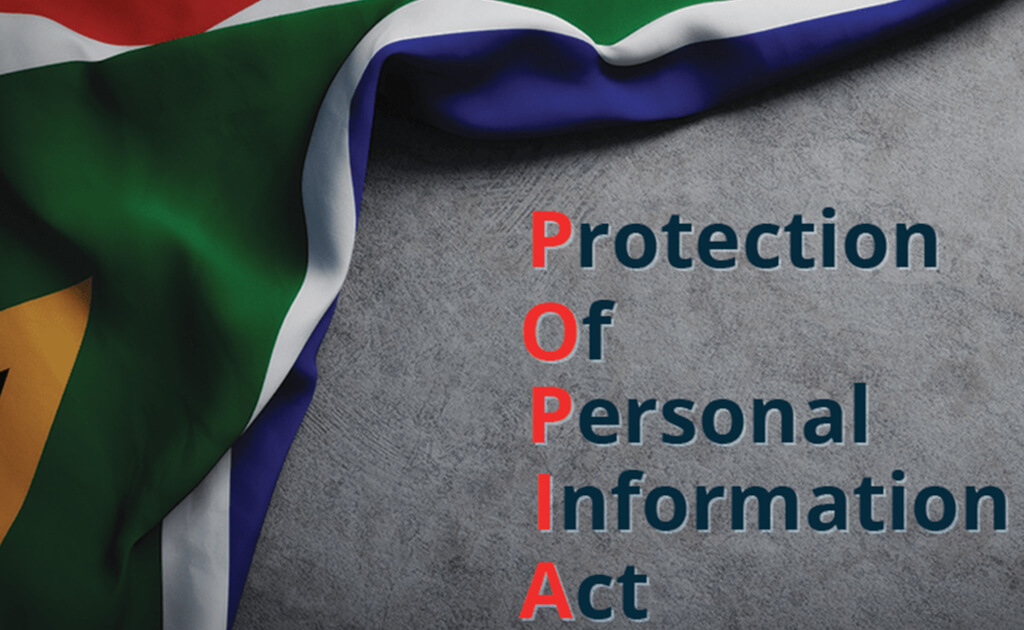What is POPIA Compliance and Why is It Important
In past years, it has become evident (from our testing) that customers care about the appropriate treatment of their private details. But why does this make a difference to the business owners that collect and use this data? To rephrase, how does a company justify the time and money spent on meeting the requirements of the Personal Information Protection Act (POPIA)? Because there is more at stake than just following the law when it comes to protecting people’s personal information and other similar regulations. Therefore, constantly maintaining a compliant call center requires careful attention to a variety of factors.
Security of Customer Information is Mandatory for All POPIA Clients
Your call center must ensure the safety of all data it collects, transmits, and stores. If any of your teams are doing any sort of work remotely, this is of paramount importance. For instance, P3People’s contact center platform guarantees the safety of all consumer data during transmission and storage; you ought to do the same for your own.
Organizations that want to be in conformance with the Personal Information Protection and Electronic Documents Act (POPIA) have to hire an “information officer,” whose responsibilities include promoting conformance and handling queries related to the Act (such as those from information subjects who want to view or upgrade their private information). Moreover, they should form a data privacy team charged with achieving and sustaining POPI adherence. Include people who work with HR, sales, and marketing data, as well as people who work with new tech, processes, and data security.
Choose to Receive These Calls or Not
Many call centers rely on cold calling to generate business. Achieving success in cold calling by connecting with clients requires following the rules. What this means is that before you interact in any kind of digital communication with a prospective customer, they must opt-in to your interaction and give you full permission to do so. All of your promotional materials should feature this opt-in option because of how valuable it is. Furthermore, you must keep track of and adhere to customers’ requests for no further contact. In this case, call dispositioning, which records the result of any call, can be useful for keeping track of whether or not permission was given and for taking the appropriate next steps to honor the consumer’s wishes.
Having a Clear Purpose
Telemarketing has become an essential tool for businesses looking to connect with potential customers and drive sales. However, with the introduction of the Protection of Personal Information (POPI) Act, telemarketers are now required to comply with strict regulations governing the use of personal information. While this may seem like an added challenge for telemarketers, having a clear purpose can make compliance easier. By defining a clear purpose for each call, telemarketers can ensure that they are only collecting and using personal information that is directly related to their marketing efforts.
This helps to minimize the risk of non-compliance and ensures that customers feel comfortable with the information they are providing. Additionally, a clear purpose can help to focus the conversation, making it more efficient and effective, and increasing the likelihood of a successful sale. Overall, having a clear purpose is not only essential for effective telemarketing, but it is also crucial for ensuring compliance with POPi regulations.
Set Up the Proper Security Infrastructure

An effective security framework is crucial for any contact center, but it is especially crucial for an outbound contact center. Having reliable antivirus software isn’t enough in this case. Encrypted data, firewalls, antivirus software, backup systems, disk encrypt data for portable hard drives, and other similar security measures are all vital, but they aren’t sufficient on their own. Additionally, you should make sure you have strong physical protections in place. The correct metrics of access control for the physical site can be useful as well. All of these requirements must meet the benchmarks set by the global community.
Make Your Compliance Obvious
Simply claiming that your contact center is POPIA-compliant is not enough; you must show proof of compliance. The most efficient approach is to learn and use your customer’s preferred method of contact and then stick solely to that method going forward.
Know the Information You’re Working With
Without a thorough knowledge of the information at hand, it is impossible to provide the level of protection required by POPIA for your customers’ personal information. The different types of data subjects inside your organization should be identified, and a description of the types of individual data processed for each should be included. You can track the entry, transit, and exit of private information into, within, and beyond your organization, as well as the third stakeholders who have access to this data, using the data subject classifications you’ve established.
Possible Consequences and Solutions
Companies that aren’t following the Act could be fined up to R10 million and subject to lawsuits if they don’t comply. If a person believes that their privacy rights have been violated, they can take steps against the corporation.
To avoid being caught off guard by POPIA, businesses should begin making preparations right away. For POPIA adherence, there is no easy solution. Seek out the counsel of a lawyer who focuses on privacy law as a first step. Companies looking to fully comply with POPIA should conduct a GAP analysis and begin implementing plans of action predicated on their specific needs. According to P3People, POPIA, like the GDPR, holds responsible parties liable for the actions of those who process their data on their behalf. It also gives South Africans rights when it comes to unwanted electronic messages.
A Person’s Privacy and Trustworthiness Are Valuable Resources
In most cases, intellectual property is considered a valuable resource. There is value in collecting PI that is of high quality (which is a necessity of POPIA conformance) and is kept safe, regardless if it is essential to the delivery of its offerings or solely for advertising (another requirement). Any decline in earnings is a direct consequence of this resource being lost or damaged.
Improving Openness and Creating More Credibility in Your Company is the Goal
Customers’ decisions about whether or not to disclose personal information are heavily influenced by their level of trust in a company. From this perspective, POPIA compliance can be marketed as a selling point that could result in more business. Still not convinced?
Conclusion
In today’s digital age, data privacy has become a major concern for individuals and businesses alike. In South Africa, the Protection of Personal Information Act (POPIA) was introduced to protect the personal information of citizens and ensure that businesses are handling this information responsibly. As a business owner or marketer, it’s important to understand the significance of POPIA compliance.
Not only does non-compliance carry severe legal and financial consequences, but it can also erode the trust of your customers and damage your reputation. By prioritizing POPIA compliance, you can demonstrate to your customers that you value their privacy and are committed to using their personal information responsibly. Furthermore, compliance can help to improve the efficiency and security of your business processes, leading to long-term success and growth. So, whether you’re a small start-up or a large corporation, POPIA compliance matters and should be a top priority for all businesses operating in South Africa.




